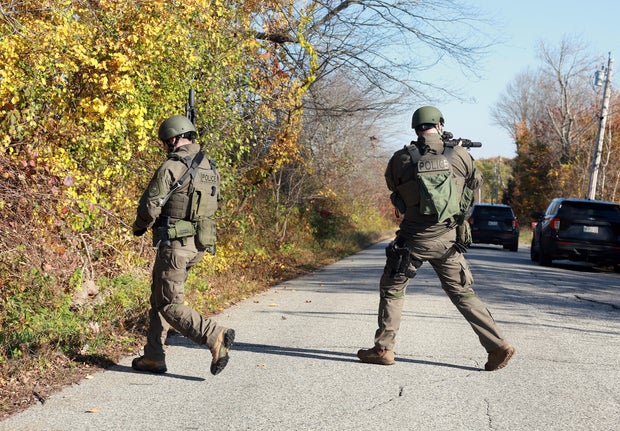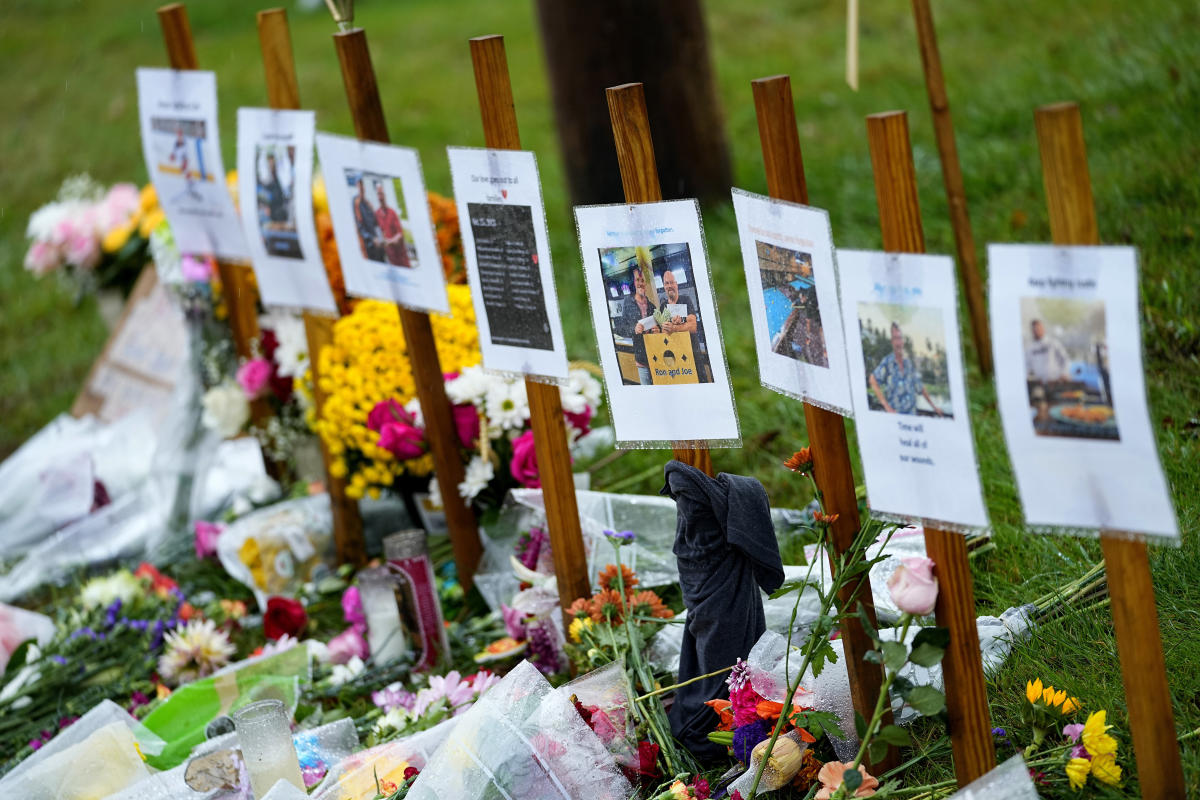
In October 2023, a tragic mass shooting occurred in Lewiston, Maine, leaving 18 people dead and 13 injured. The shooter was identified as Robert Card, an Army reservist who had been hospitalized for mental health concerns just a few months prior to the incident. According to reports from various sources,
The Army Reserve released an investigation report detailing the events leading up to the shooting. It was revealed that Card had been discharged from Four Winds Hospital in Katonah, New York, without proper follow-on care or notification to his chain of command or authorities about the potential danger he posed. In May 2023, Card's son and ex-wife reported their concerns to the police but no action was taken.
During training in July 2023, one of Card's fellow soldiers expressed concern for a potential mass shooting. Staff at Four Winds Hospital found that Card's risk for violence might have been higher than most people, particularly when he was paranoid and emotionally overwrought. However, Card appeared to be resistant to psychoeducation during treatment and often placed blame on others for his behaviors.
There were communication breakdowns between Card's chain of command and the civilian hospital. As a result, Card was escorted home by a fellow soldier in an unofficial capacity after being released from the hospital without proper documentation of his medical condition or hospital stay following his release. Three officers in Card's chain of command have been disciplined for dereliction of duty for failing to follow procedures related to Card's care after leaving the hospital.
The investigation report also noted that Card had a 'hit list,' but it is unclear what was on this list or who was targeted. The Army Reserve has not released further information about this matter.
This tragic incident highlights the importance of proper communication and follow-through in mental health care, particularly for individuals in the military. It also underscores the need for increased awareness and resources to support those struggling with mental health issues.




